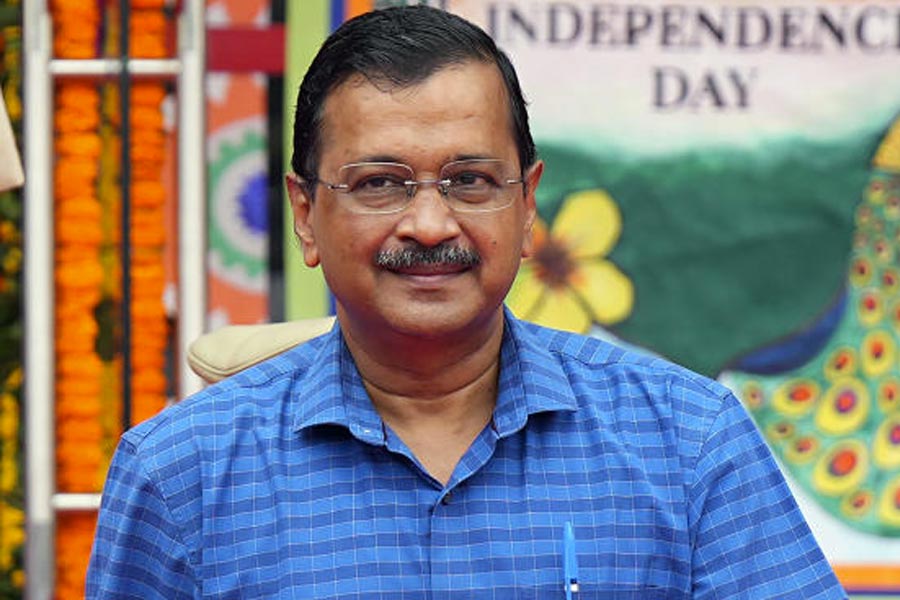
Today, the Delhi High Court is set to announce its verdict on the Enforcement Directorate’s plea challenging the Rouse Avenue court’s decision to grant bail to Delhi Chief Minister Arvind Kejriwal in the excise policy case. This follows Kejriwal’s arrest by the Enforcement Directorate earlier this year, with subsequent legal developments sparking a contentious legal battle.
Last Thursday, the Rouse Avenue court had approved bail for Kejriwal, prompting the Enforcement Directorate to swiftly approach the Delhi High Court seeking a halt to this order. In response, the Delhi High Court promptly imposed an interim stay on Kejriwal’s release pending further deliberations on the matter. This legal maneuver prevented Kejriwal’s anticipated release from Tihar jail on Friday.
The Enforcement Directorate argued that the lower court’s decision was biased and hasty, claiming insufficient time to present its case adequately. Conversely, Kejriwal’s legal team vehemently contested these assertions, labeling them as misleading and devoid of merit. They underscored that the trial court’s decision was meticulously reasoned, encompassing thorough consideration of arguments from both sides.
Adding to the complexity, Kejriwal’s counsel moved the Supreme Court over the weekend, challenging the Delhi High Court’s interim stay. Emphasizing Kejriwal’s strong ties to the country and lack of flight risk, they urged the apex court to facilitate his release pending the high court’s final ruling.
In response, the Supreme Court scheduled a hearing on June 26, preferring to await the Delhi High Court’s decision before proceeding further. The court also remarked on the unusual nature of the interim stay imposed by the Delhi High Court, underscoring the high stakes and legal intricacies involved in this case.
As the legal battle intensifies, all eyes are now on the Delhi High Court’s forthcoming verdict, which promises to shape the trajectory of this high-profile case involving one of India’s prominent political figures.
